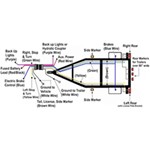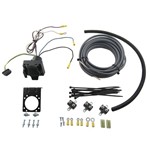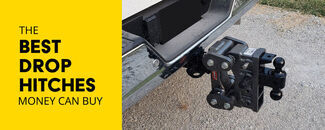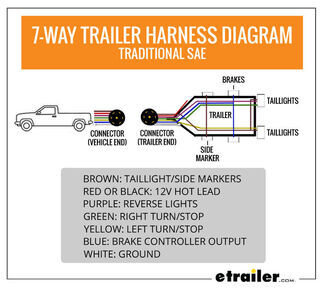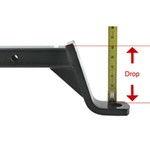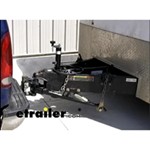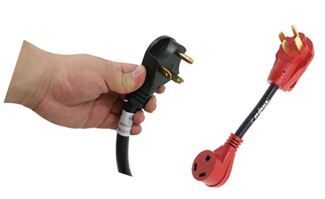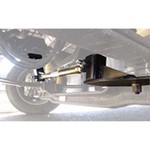Practice Safe Trailer Towing with These 4 Tips

Properly Load Your Trailer (It's Kind of a Big Deal)
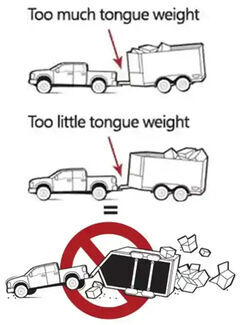
Prepare for the Worst (It Will Happen Eventually)
Flat tire repair kit for car or trailer tire # BDW99FR POD Hazard LED Lights # RPPD110200 Roadside emergency kit # RN8906 (includes flares, signal flag, safety vest, and first aid kit) Bottle jack (single-axle trailers) or wheel chock (tandem-axle trailers) for changing flat tire Jump starter # PKC0AZ or jumper cables
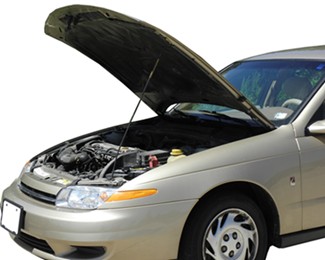
Take It Slow (It's a Trailer, Not a Racecar)
Towing mirrors - custom and universal styles available TireMinder Smart TPMS # TPMS-APP-4 Trailer backup camera # RVS-770613-213

Treat Your Trailer Right—And It Will Treat You Right
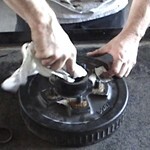
Departments
Towing
- Trailer Hitch
- Fifth Wheel
- Gooseneck
- Towing a Vehicle
- Front Hitch
- RV Hitch
- ATV Hitch
- HD Truck Hitch
- Vehicle Wiring
- Brake Controller
- Ball Mounts
- Weight Distribution
Sports and Recreation
Trailer Parts
- Utility Trailer
- Boat Trailer
- Landscape Trailer
- Enclosed Trailer
- 5th/Camper Trailer
- Car Hauler
- Horse Trailer
Vehicle
Contact & Help

What our customers are saying:
"Very helpful/friendly Customer Service. Competitive Pricing. Shipping was Fast."
John
Mankato, MN












